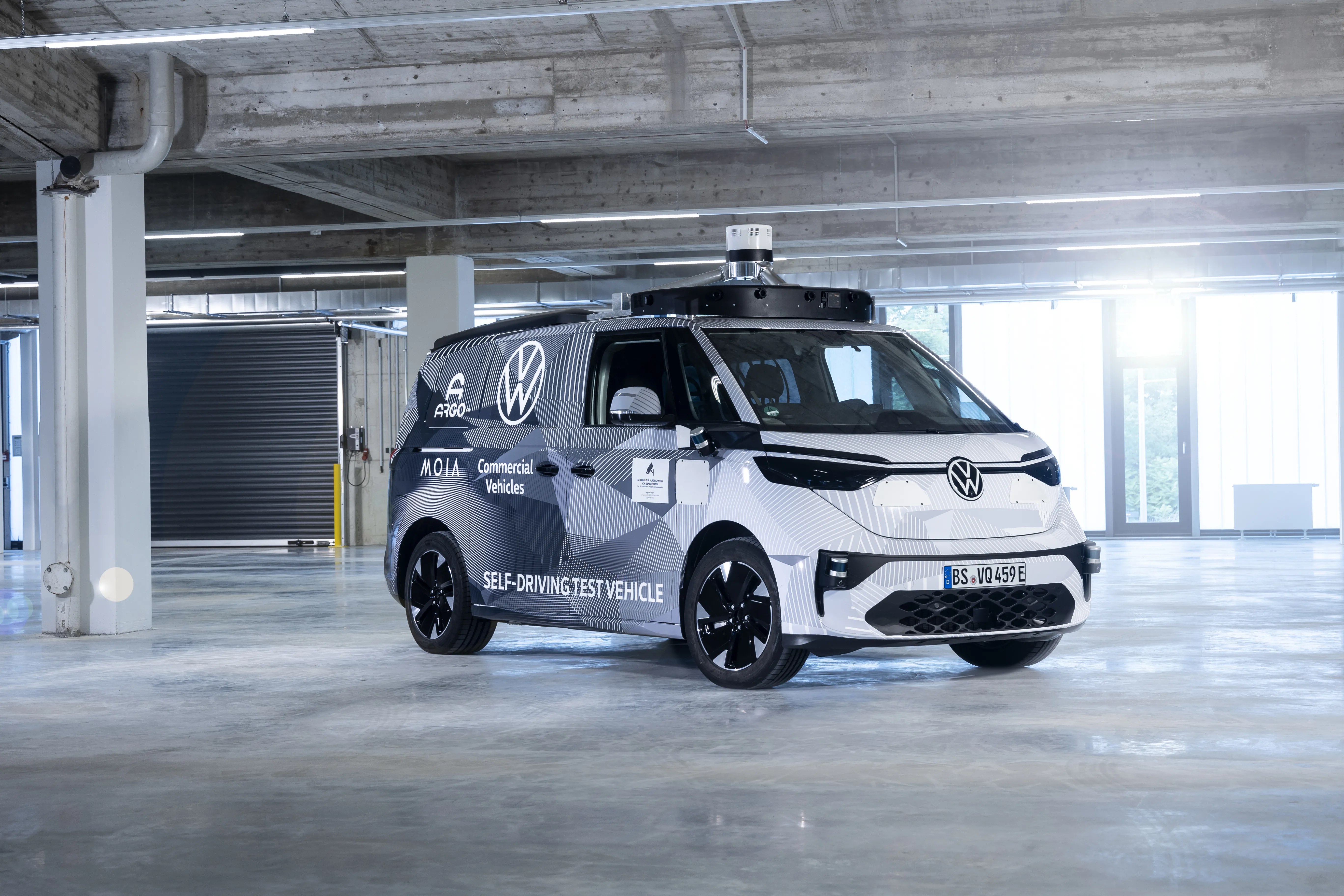The plans also foresee on-demand shuttles that can be booked digitally, setting up a testing area for self-driving electric buses as well as a feasibility study on gradually automating part of Hamburg’s fast-train or S-Bahn network.
Proposals also include digital directions systems, powerful wi-fi and co-working spaces. DB is also planning to turn unused spaces into city depots to dispatch parcels on bicycles, setting up an extensive network of ‘intelligent lockers’ at up to 50 Hamburger Hochbahn stations to allow customers to collect goods ordered online.
DB is also backing Hamburg’s application to host the 2021 Intelligent Transport Systems conference.
Deutsche Bahn and Hamburg agree smart city partnership
Deutsche Bahn (DB) and the City of Hamburg, Germany have agreed a three-year smart city partnership on mobility projects such as attractive railway stations, intelligent urban logistics and digital networks.
July 12, 2017
Read time: 1 min










